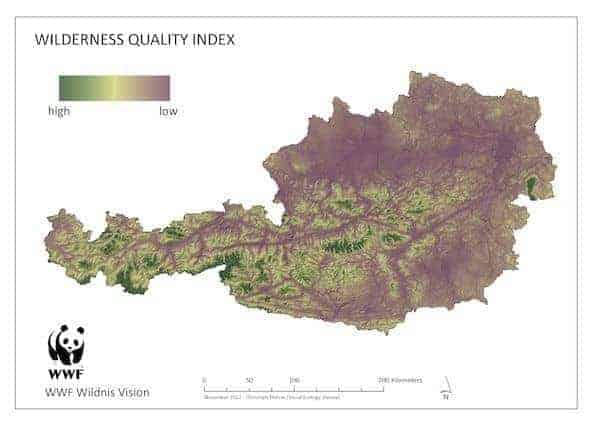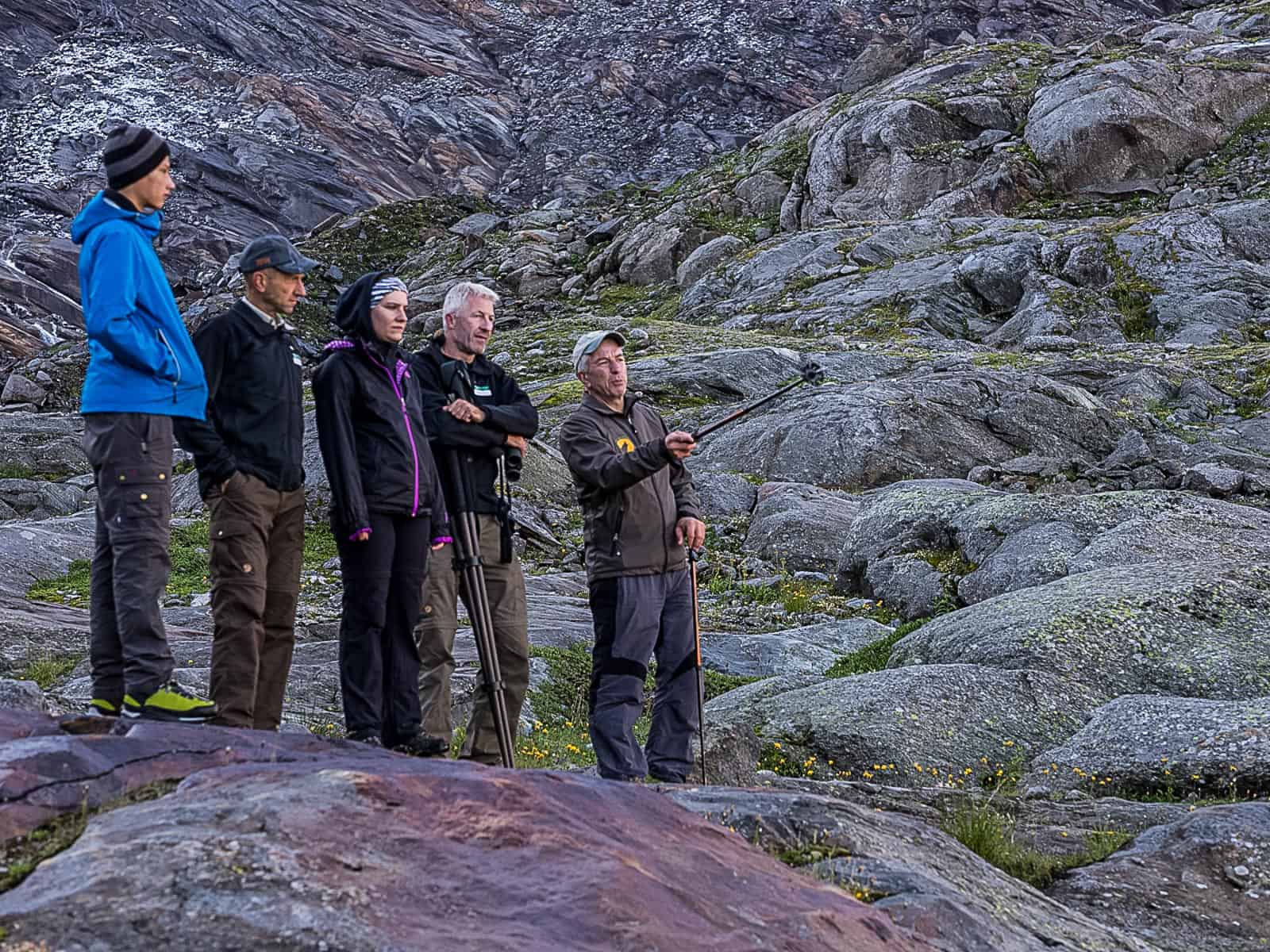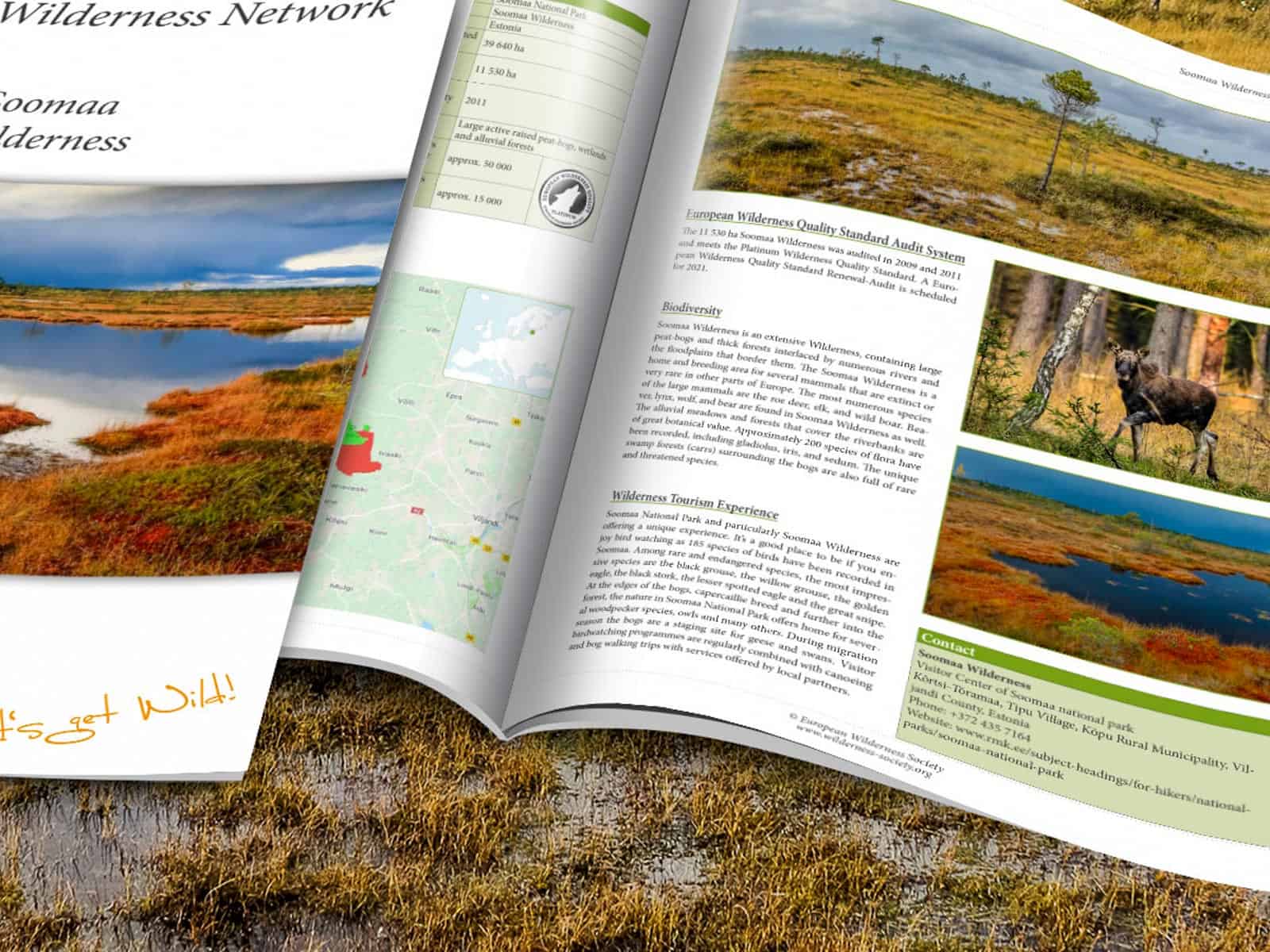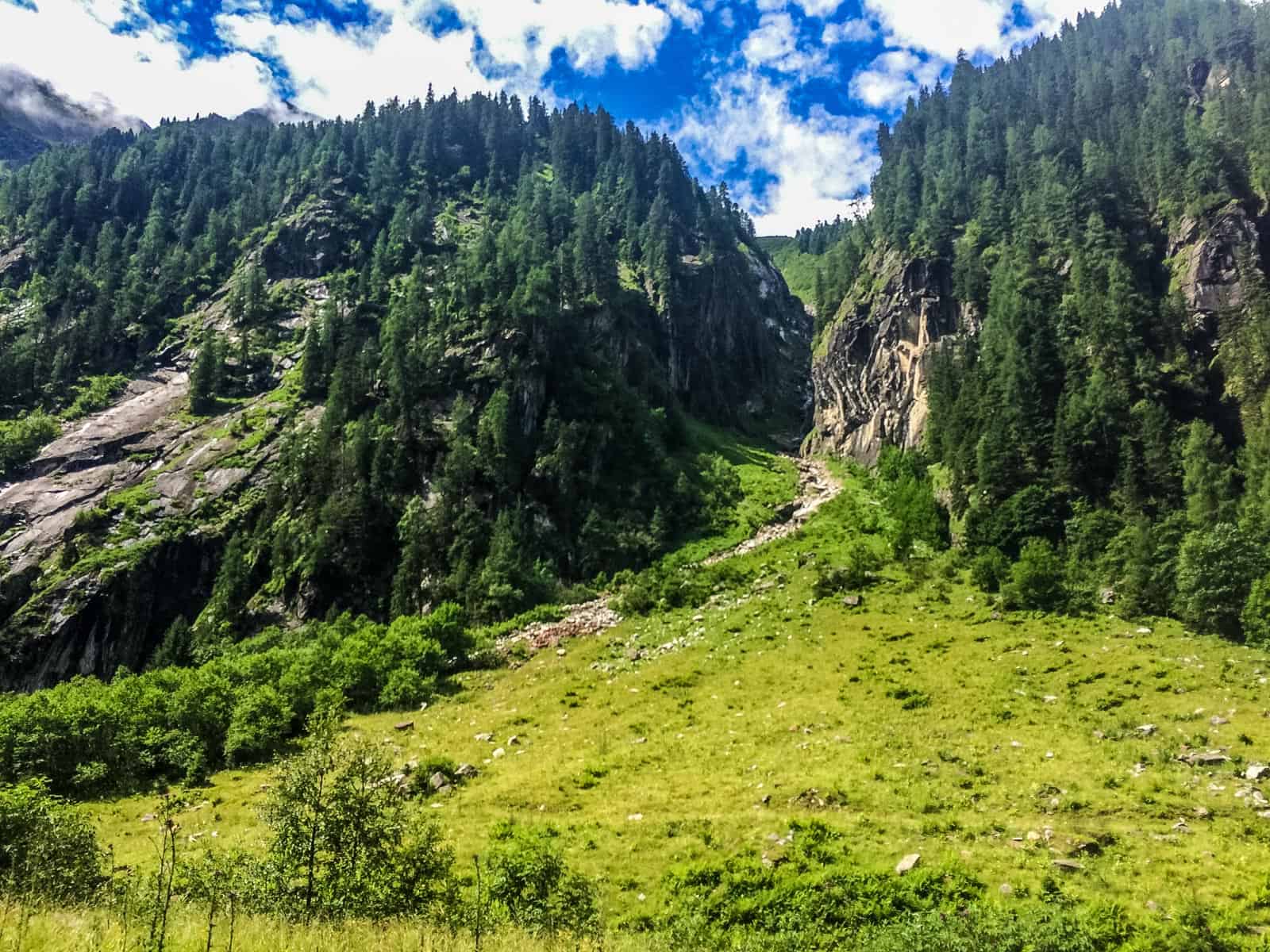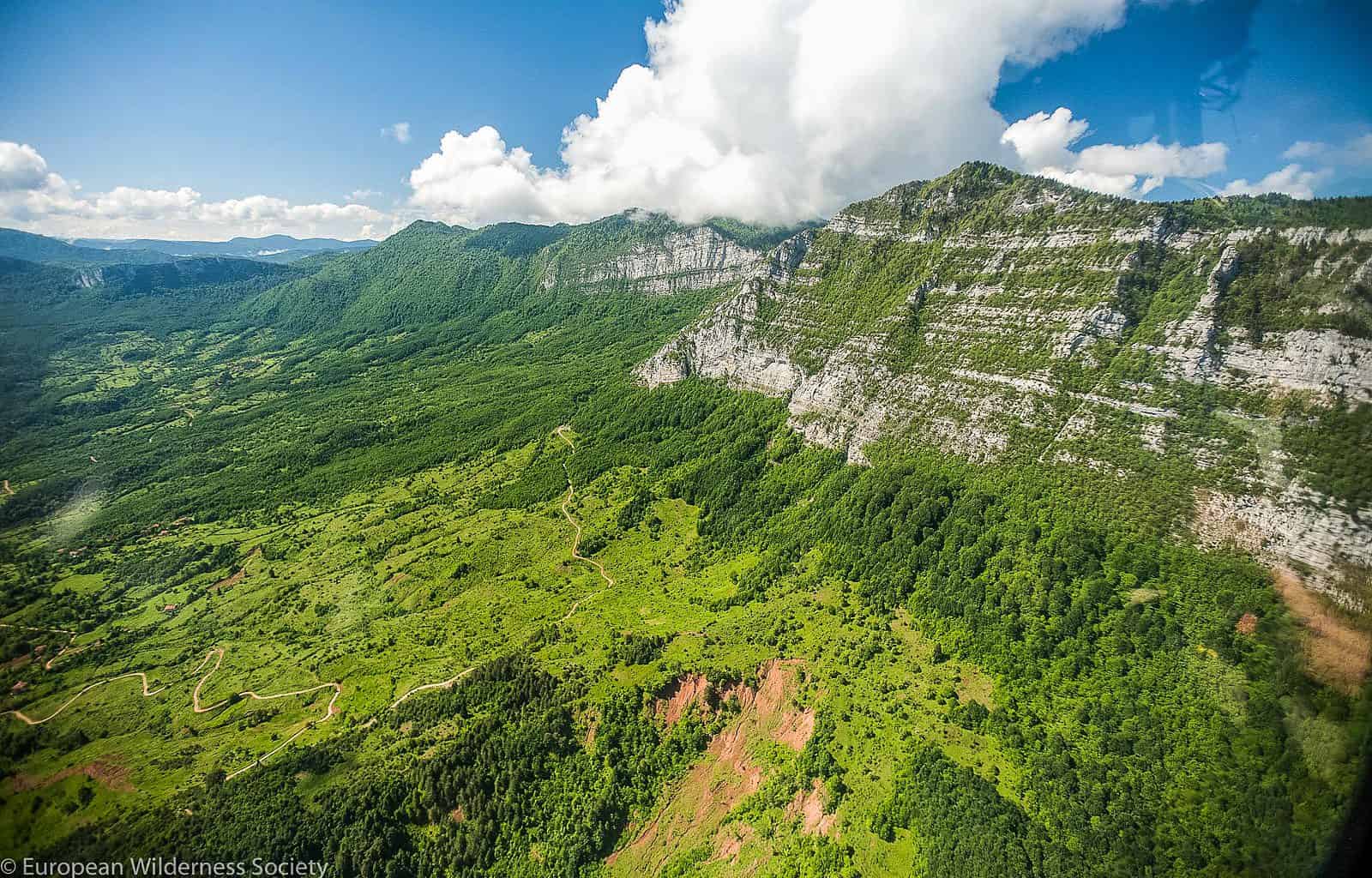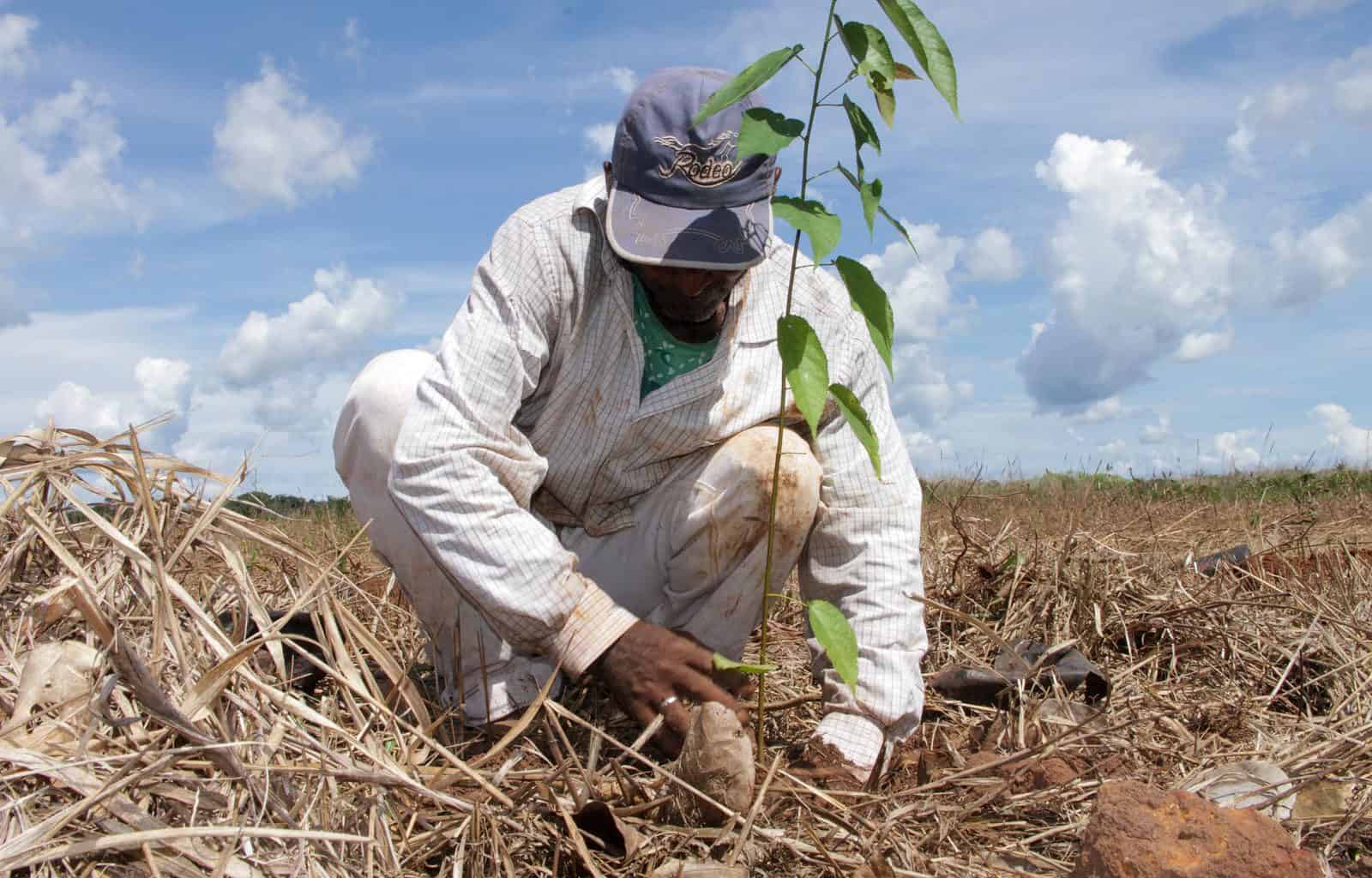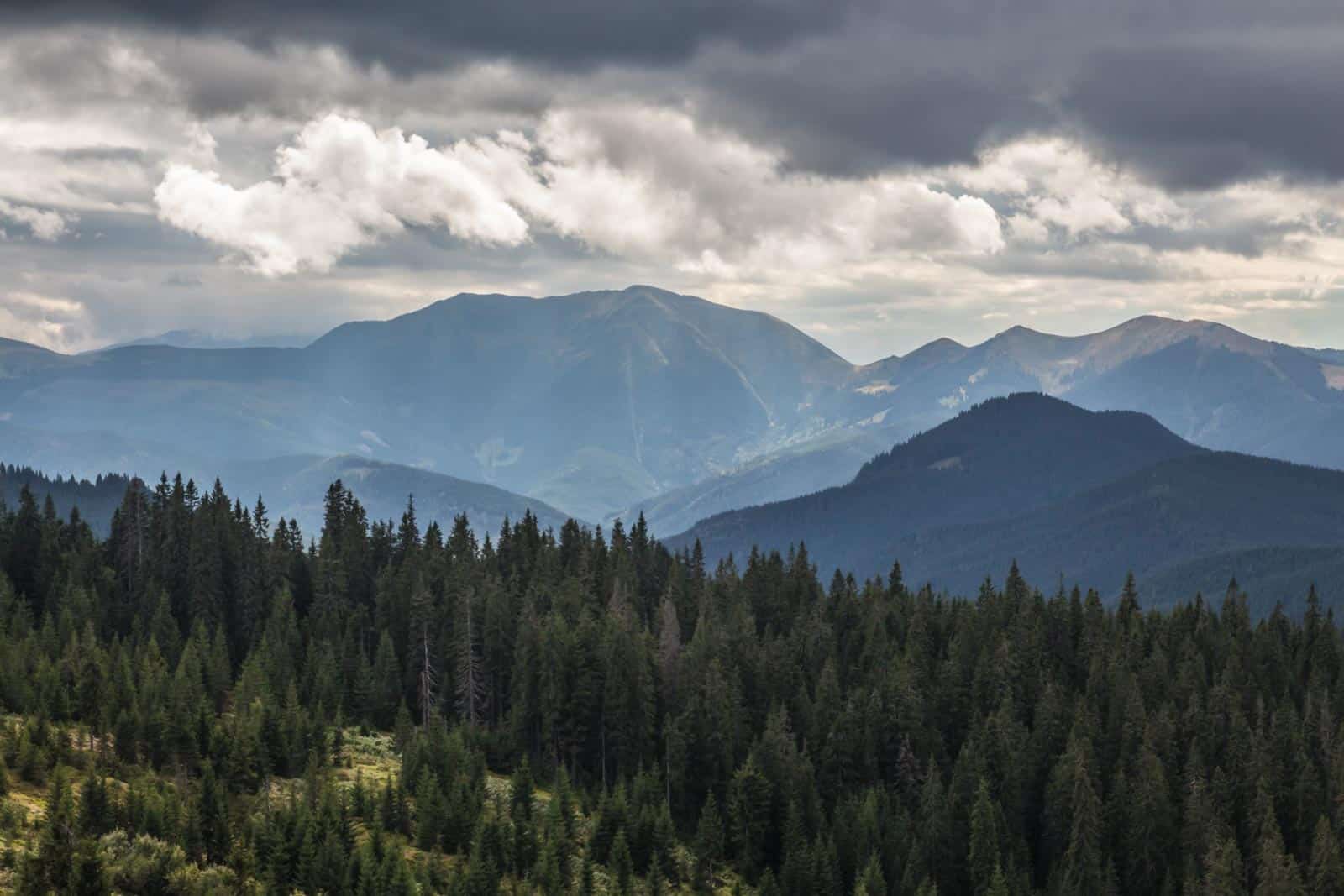Reduce the Fear of the Wilderness
Many people see wilderness as a remote, unpredictable, and even dangerous place. Fear of the unknown is natural, especially if we’re used to urban environments or controlled forms of recreation. But personal experience with wild nature can gradually replace fear with respect, curiosity, and a deeper understanding.
Experience Changes View
The first time we step into true wilderness – not a park with benches and signs, but a landscape shaped only by nature – we might feel uneasy. But within hours, we begin to adapt. We notice the smell of moss, the songs of birds, the change in wind. Each step helps us grow mentally. The forest becomes less anonymous, more familiar. With repeated visits, our mindset changes – from anxiety to awareness, and from fear to fascination.
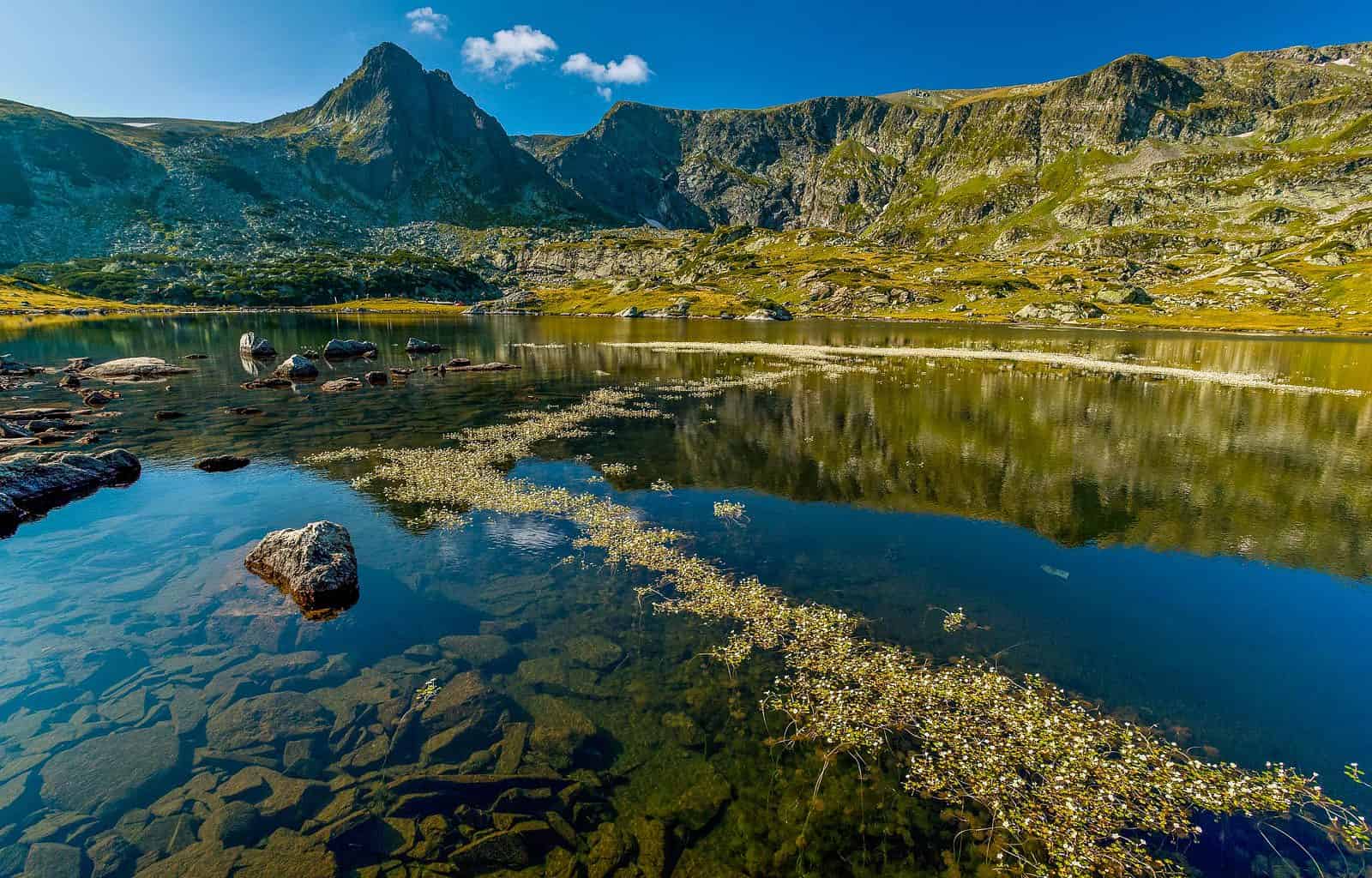
Guided First Steps
When starting out, having someone experienced by your side makes a big difference. A guide or knowledgeable friend can help interpret the landscape, explain animal tracks, and predict changes in weather. They show us safe trails and how to move through the terrain. Being with someone else also lowers stress, builds confidence, and lets us focus more on the experience itself instead of just survival.
Managing Fear
Initial fear often comes from not knowing what to expect: “What if I get lost?”, “What if there’s a bear?”, “What if I get hurt?” These questions are normal. But preparation helps. Learn about the area in advance, check the weather, bring the right gear, and understand the basics. Start with shorter trips to familiar places. As your skills grow – reading maps, recognizing natural sounds, staying calm – your fear naturally shrinks.
Alone in Wilderness
Spending time alone in nature can be a powerful experience. Without distractions, noise, or mobile signals, we’re left with only ourselves. At first, every sound might make us nervous. But after a while, we adapt. We begin to notice the rhythm of light, the patterns of wind, and the quiet presence of life around us. Solitude sharpens our senses and brings inner calm. It’s a moment where fear turns into awareness – and the forest becomes not a threat, but a companion.
Sleeping Outdoors
Spending the night in the wilderness is one of the most intense and unforgettable ways to connect with nature. As darkness falls, sounds grow louder, and our senses shift. We realize how little we need to feel safe – a dry place, a warm sleeping bag, and trust in our abilities. Time slows down at night. Thoughts become more focused. And in the morning, waking up to silence and mist rising above the grass, we feel not only a sense of achievement, but a quiet bond with the place. It no longer feels foreign – it feels like somewhere we belong.
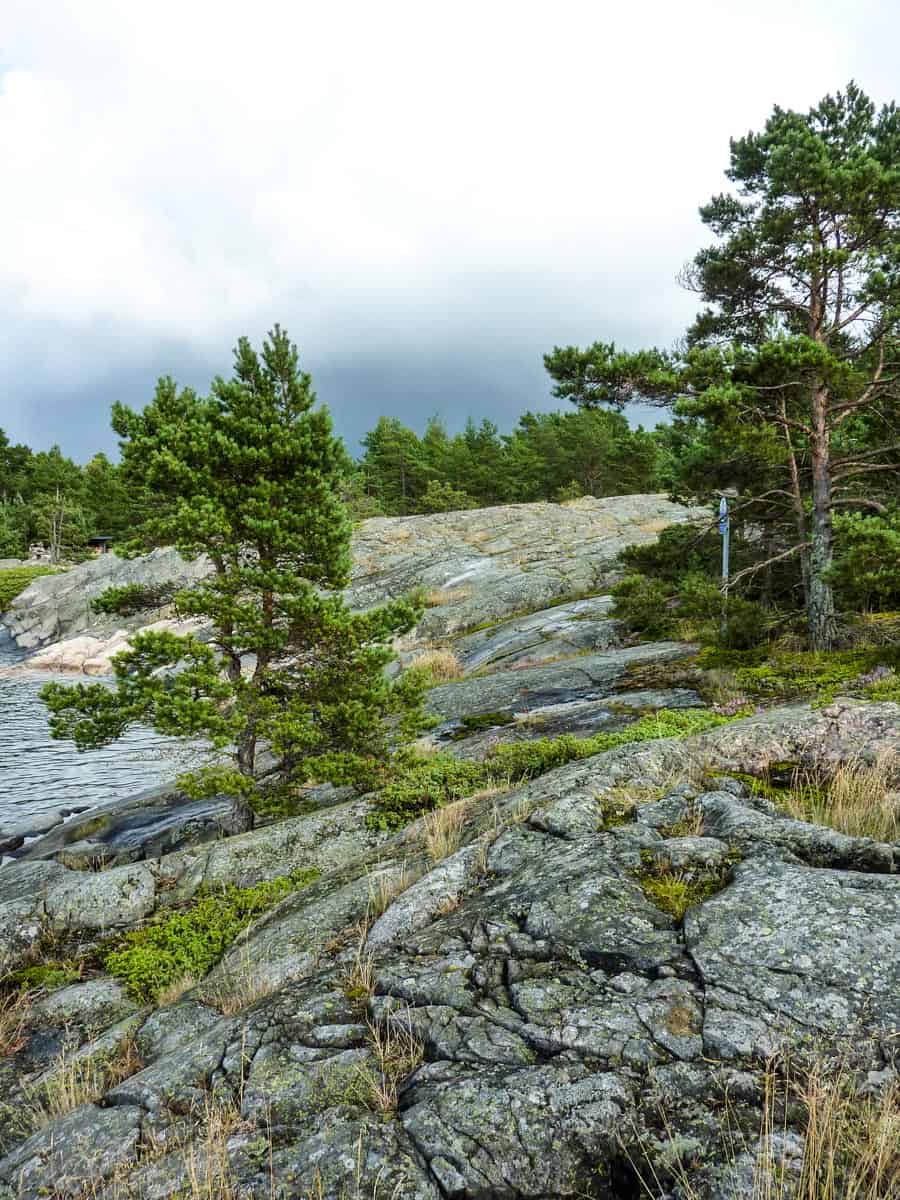
Conclusion
Wilderness doesn’t change – we do. It’s not books or videos that remove fear, but the simple act of walking into nature. Real experience gives us courage, teaches respect, and builds our ability to move safely and calmly through wild places. With each visit, fear fades, and a lasting connection grows.
Discover more from European Wilderness Society
Subscribe to get the latest posts sent to your email.



